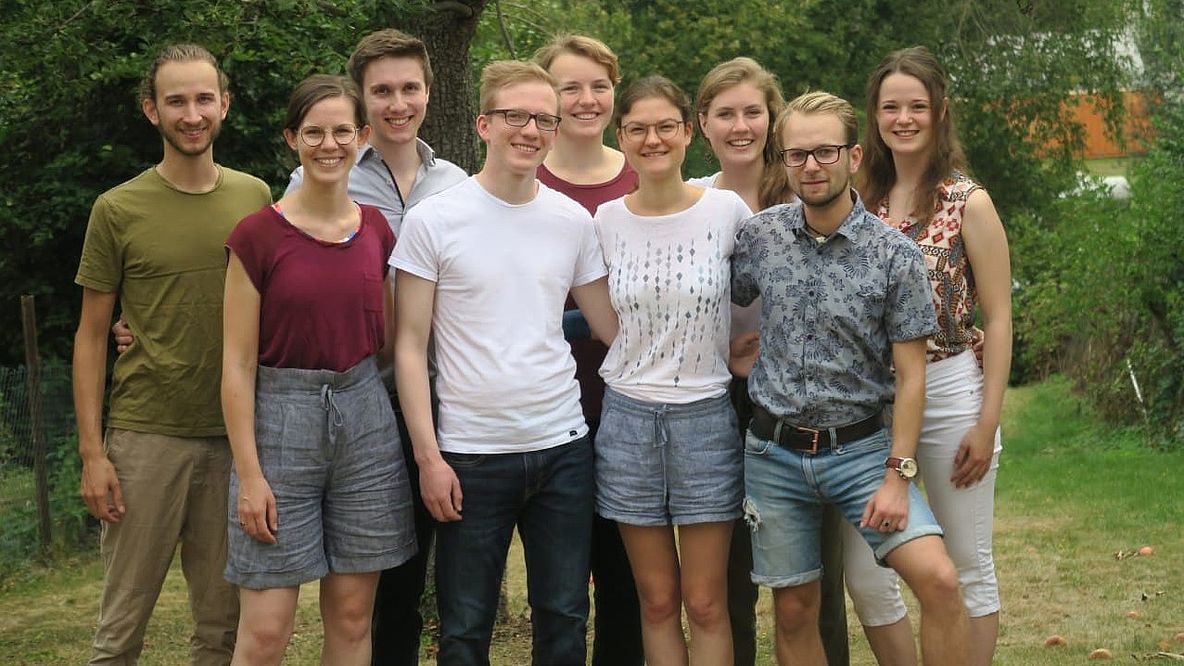Petition for Climate Assembly successful

69,863 people have expressed their support for a nationwide citizens' assembly on climate change with their online signatures. This means that the Bundestag petition of the initiative "Klima-Mitbestimmung.JETZT" (Climate Co-determination NOW) reached far more than the necessary 50,000 signatures during the registration period from 19 November to 17 December 2020.
A citizens' assembly is a temporary body in which about 150 randomly selected citizens are comprehensively informed by experts on a topic over several weekends, discuss it with each other and then formulate recommendations for politicians. More than 15 years ago, such a panel was convened for the first time in Canada to develop a proposal for electoral reform. The participants were not themselves up for election; they had no interest in securing their own re-election or a certain number of mandates. On behalf of all the people in their state, they had agreed to work out a reform that was as fair as possible. What fair meant in this context they discussed together. A citizens' assembly in Ireland also caused an international sensation by facilitating a balanced, respectful debate on the reform of abortion law.
Overcoming hardened fronts
Citizens' assemblies can overcome hardened fronts and make different possibilities for action visible. The scientific presentations at the beginning of a citizens' assembly guarantee informed decisions and the moderated discussions afterwards strengthen the view for the common good, as researchers in Ireland were able to prove. "Especially with an issue of the century like climate change, we need a big societal debate about how we want to deal with this challenge. This is exactly what a citizens' assembly can do," say the petitioners of Climate Participation NOW. Citizens' assemblies on climate policy have already met in France, Great Britain and Ireland. It is high time that Germany follows the example of its European neighbours.
"Experiences from other countries show that the participants of a citizens' assembly take responsibility very seriously. The exchange with people who think differently enriches the debate and prepares the ground for recommendations that are scientifically sound and socially fair," emphasise the initiators of the petition. "While in other forms of citizen participation often only certain groups of the population get involved - e.g. those who can afford the commitment in terms of time and finances - a citizens' assembly reflects the diversity of our society through random selection. This increases the recognition that such a body enjoys among the population as a whole. And when politicians know the breadth of society is behind them, they feel encouraged to make long-term, forward-looking decisions." In France, for example, the participants of the national Citizens' Assembly on Climate Policy recommended, among other things, the phasing out of domestic flights (in parallel with the expansion of climate-friendly alternatives) and a label showing the carbon footprint of products and services: "They put the common good before individual interests and gave the French government a clear mandate to act."
New momentum for climate policy
"We hope that a citizens' assembly will also bring new momentum to climate policy in Germany, because the measures adopted so far by the German government are completely inadequate given the urgency of the climate crisis." To turn their concern into reality, the team behind Klima-Mitbestimmung JETZT has submitted a petition to the German Bundestag. The specific demand: a citizens' assembly dedicated to the question of how Germany can do its part to comply with the Paris Climate Agreement - and do so with social justice in mind. We at Klima-Mitbestimmung JETZT hope that a citizens' assembly on climate policy will trigger a broad social debate," reads a press release from the initiative.
The Petitions Committee of the Bundestag considered the petition for a nationwide climate citizens' assembly on 25 January 2021. At the hearing, Philipp Verpoort and Enno Rosinger from "Klima-Mitbestimmung.JETZT" explained the arguments for convening a citizens' assembly on climate protection. There was a lot of interest and also support for the proposal from the parliamentary groups.